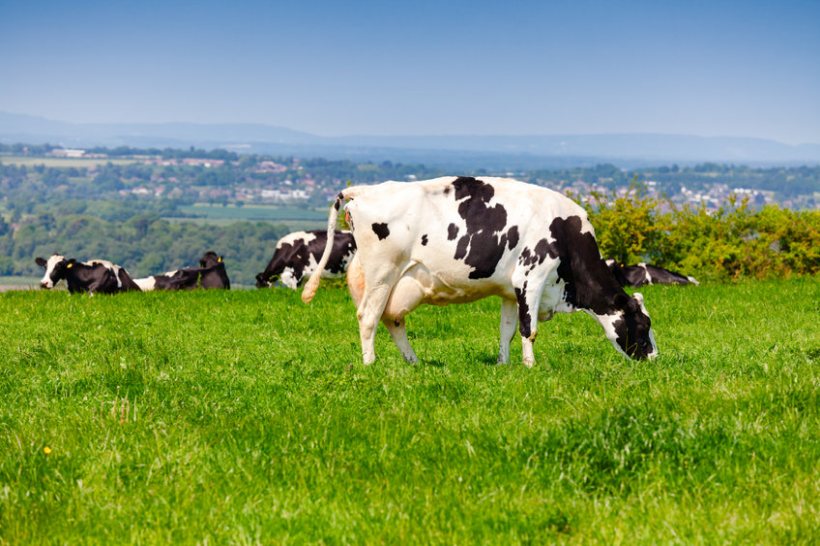
The rising global demand in dairy products represents an 'enormous' opportunity for the UK dairy sector hoping to expand post-Brexit, a new report says.
The Kite Consulting report, commissioned by National Milk Records (NMR), Arla and Dairy UK, highlights new opportunities for the UK dairy sector to grow.
Increased export demand is expected, particularly in Asia, Africa and Central and Latin America, regions where British dairy could prosper from.
Since the UK officially left the EU in January 2021, UK dairy exports to the EU-27 have fallen, as have imports from the EU, but to a lesser extent.
While dairy consumption may be stable in most Western countries, global demand continues to increase at a rate of around 2% per year – or around 18bn kgs of milk.
This is equivalent to the entire milk production output of a country like New Zealand, the report explains.
In the report's outlook to 2025, it expects the world dairy market demand growth to require a 28% increase in dairy imports compared to 2019.
It highlights the efficiency of dairy production in the UK - a major selling point - which produces milk with a carbon footprint half of the global average.
The global carbon footprint of milk is around 2.5 kg CO2e per kg milk, while the UK average is around 1.25kg CO2e per kg milk.
This provides opportunities for the UK dairy industry, as the sector also has a good track record in terms of animal welfare and traceability.
"There are opportunities ahead, particularly in countries like the UK where farmers and dairy processors are actively working to address environmental concerns around dairy production," the report says.
"Whilst major net exporters are facing increased environmental volume constraints, there is the opportunity for the UK, with strong activity in this area, to access significant export growth, if it is allowed to innovate to address carbon emissions and environmental concerns.
"This will require innovation in the processing sector, to enable UK producers to access growth export markets, and it will require political support for the industry as it transforms and adapts towards a net zero and nature-friendly future."
